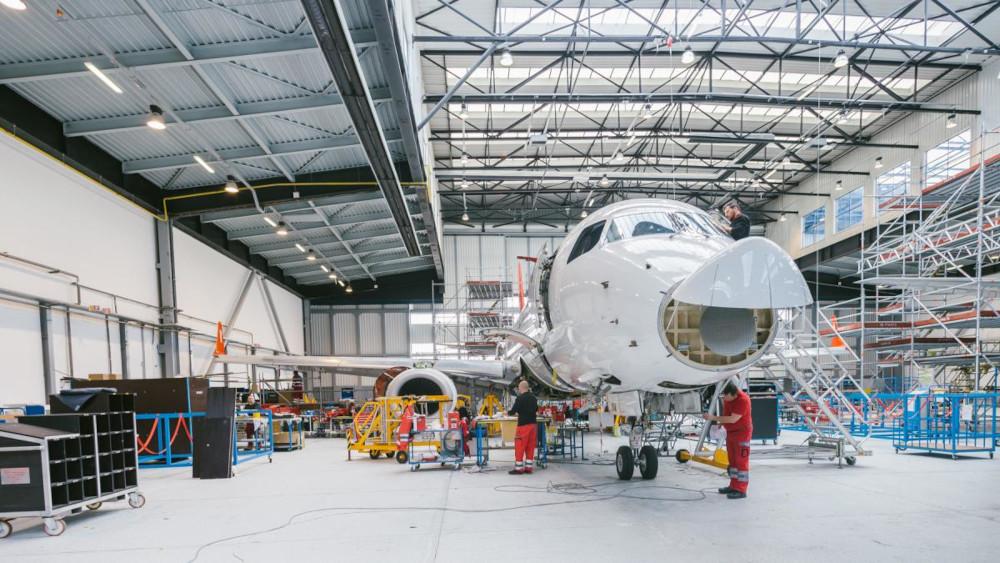
MROs in Central and Eastern Europe are seeing minimal customer impact from Russia’s invasion of Ukraine, but they hold concerns related to steep inflation rises that are influencing gas prices and labor rates across the continent.
Speaking at a panel on regional challenges at Aviation Week’s MRO BEER event in Istanbul, Risto Maeots, CEO of Estonian-based Magnetic MRO, said customer changes had been minimal since the outbreak of the war on Feb. 24 of this year.
“We didn’t do airframe maintenance for Russian operators; therefore, this part of the business wasn’t impacted,” Maeots said. He highlighted two of Magnetic MRO’s business units that saw more of an affect. “It was predominantly assets, as some assets were leased to Russia, so we also had to take some painful write-offs.” He added: “Also, we had component trading which impacted us. But from a results point of view, we're talking about single digits, percentage wise.”
To compensate for these parts of the business, Maeots said the company moved more of its business to western markets by opening up a new office on the east coast of the U.S. In Asia-Pacific it moved to re-open its office in Kuala Lumpur, Malaysia, which was closed during the COVID-19 pandemic.
Other MRO providers in the region haven’t seen any impact to maintenance agreements at all. These include Poland-based MRO LOT Aircraft Maintenance Services (LOTAMS). “Since February we haven't noticed any direct impact of the war in Ukraine on our business because we have no customers from Ukraine or Russia and our employees are not from those countries,” said Aleksandra Juda, president of LOTAMS.
However, Jura said she held concerns at the start of the conflict over the status of long-term and short-term contracts, given the conflict started only 250 mi. from its Warsaw facility. A knock-on affect has been related to price increases in the gas and energy markets, which Jura conceded has impacted the LOTAMS business.
“We pay more than 200% more for gas than we did last year—even from the beginning of this year. So, it's serious problem and it's hard to say if it will be more so by the end of the year,” she said. Jura also noted that the second challenge from the conflict is that several companies from Ukraine and Russia extend their activities to Poland.
The rise in inflation has prompted some companies to plan further ahead than before. Wolfgang Henle, managing director of Austrian Technik Bratislava, a regional aircraft repair specialist based in Slovakia, said of gas supply: “We forwarded our consumption for the next three years, so we're quite safe, but we don't know what happens if the supplies are simply stopped."
Henle cited inflation impacting the labor market as the company’s primary challenge, specifically in relation to wage increases. “It was a no brainer over the last 10 years that inflation rises would always be compensated, and all we were talking about with the unions was the race above inflation,” he said. “Now for the first time, I had to ask myself, 'Can we compensate for the inflation? Will this be possible and can the customer bear this?'”
